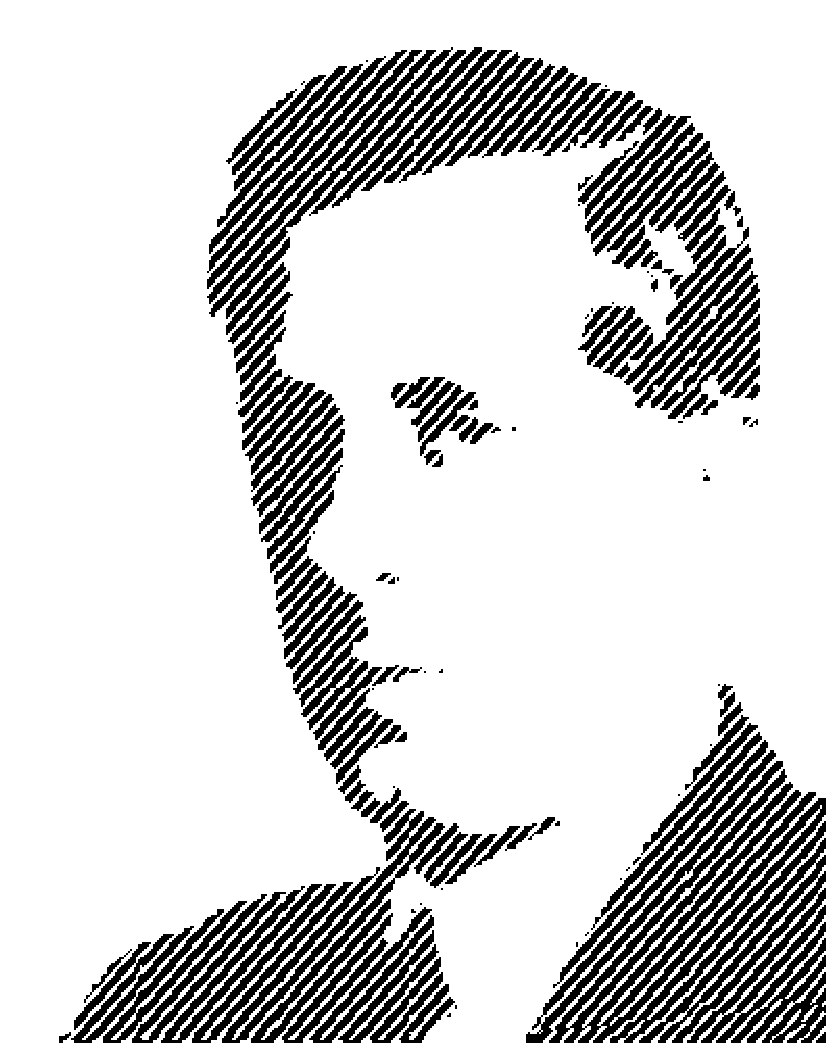Rudolf Ortvay Competition in Physics
The Rudolf Ortvay Problem Solving Contest in Physics -
announced by the Physics Students' Association of Eötvös
University, Budapest, the Roland Eötvös Physical
Society
and the Hungarian Association of Physics
Students -
will celebrate its 50th anniversary in 2019.

Rudolf ORTVAY studied in Göttingen, where he attended
the lectures of Hilbert, Minkowski and F. Klein. Later
he worked in Zürich with Debye and in Münich with Sommerfeld.
In 1915 he became professor of theoretical
physics at the University of Kolozsvár (Cluj), and
from 1921 professor of theoretical physics at the University of Szeged.
Between 1928 and 1946 he was chair professor of theoretical physics
at Pázmány Péter University of Sciences (former name of
Eötvös University) in the 1930's and 40's. It was his
merit that the previously rather internal Hungarian
Theoretical physics community became connected to the mainstream
of international scientific activity. On his invitation,
the leading figures of the scientific revoultion of the time
(e.g. Werner Heisenberg) visited Budapest. In Ortvay's
lectures the Hungarian university students got up-to-date
reports about the forefront of theoretical physics. It was
he who implanted the life-long scientific interest as well
as the basics of the physical way of thinking, and its
flexible applicability into many representatives of the
following generation of scientists. Therefore it is no surprise
that Ortvay's name was chosen to mark the problem solving
contest that aims at the development of the physical way of thinking of young talents.
The contest was first organized in 1970 by the young professors of Eötvös University. The assigned
problems do not focus on school-level problem-solving routine but rather on the skills of physical way
of thinking, recognition of the heart of the problem, and the appropriate choice in the mathematical
armory. The majority of the assigned problems are original, only few have been published in
problem-books. The assigners of the problems are physicists working at various universities and at
research institutes - many of them are one-time contestants - and to our great pleasure more and more
students feel inclined to pose concise and striking problems for the others, as well as to take the
responsibility of correcting the solutions. Some problems lead the contestants to so-far unsolved, open
questions of science, the solution of which may spurringly influence their future scientific careers.
During the discussion of the problems (following the announcement of the results) instructive debates
are often induced by the most difficult problems.
During the past years prizes won in the Ortvay Contest became an ever more important factor in
choosing the best candidates for thesis topics as well as PhD and student exchange scholarships. Among the
one-time contestants and winners of the Ortvay Contest there are several internationally acknowledged
researchers.
The range of contestants got manyfold in the past few years: it was no more an internal contest for the
physics students at Eötvös University - many solutions arrived from the Technical University of
Budapest, as well as the Universities of Debrecen, Szeged, Cluj Napoca and Bergen. Due to the
interest shown by foreign universities, we decided to organize an international Ortvay Contest in
1998. After the successful initiation (more than 20 foreign participants from all over the world) we wish to announce our contest regularly as an international competition in physics.
The Contest was first organized by the Physics Students' Association of Eötvös University
(represented by enthusiastic young professors) with the manifold support, sponsorship and
infrastructure of the Roland Eötvös Physical Society. A few years later the newly founded Hungarian
Association of Physics Students took its share from the organizaion. The prizes of the contest were
first offered by the Roland Eötvös Physical Society and the Central Research Institute for Physics
while in the last couple of years also joined them the Students' Foundation of Eötvös
University and the Dean of the Faculty of Sciences.
Back to the main page
|